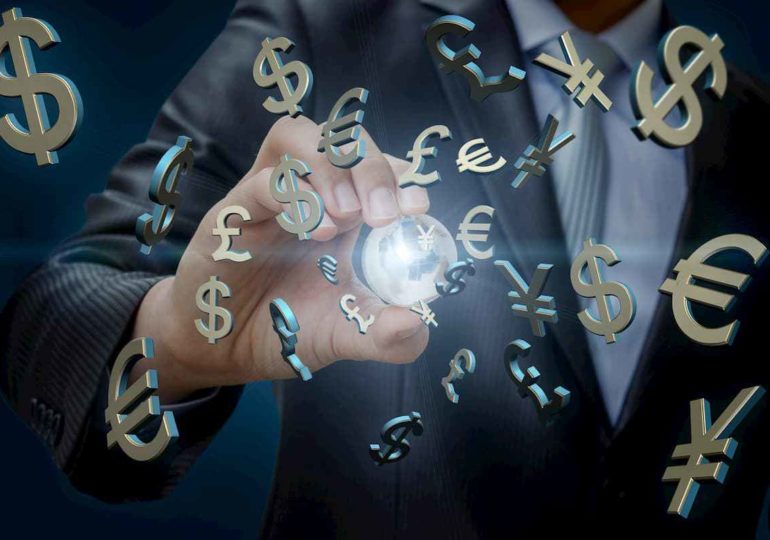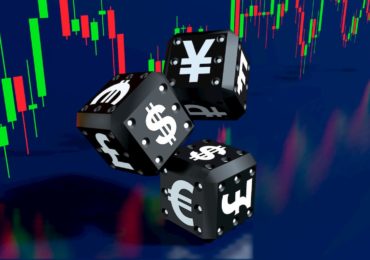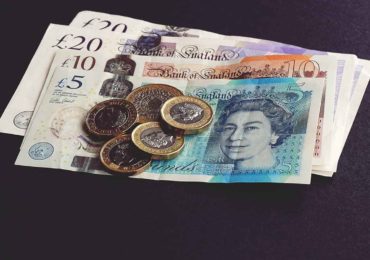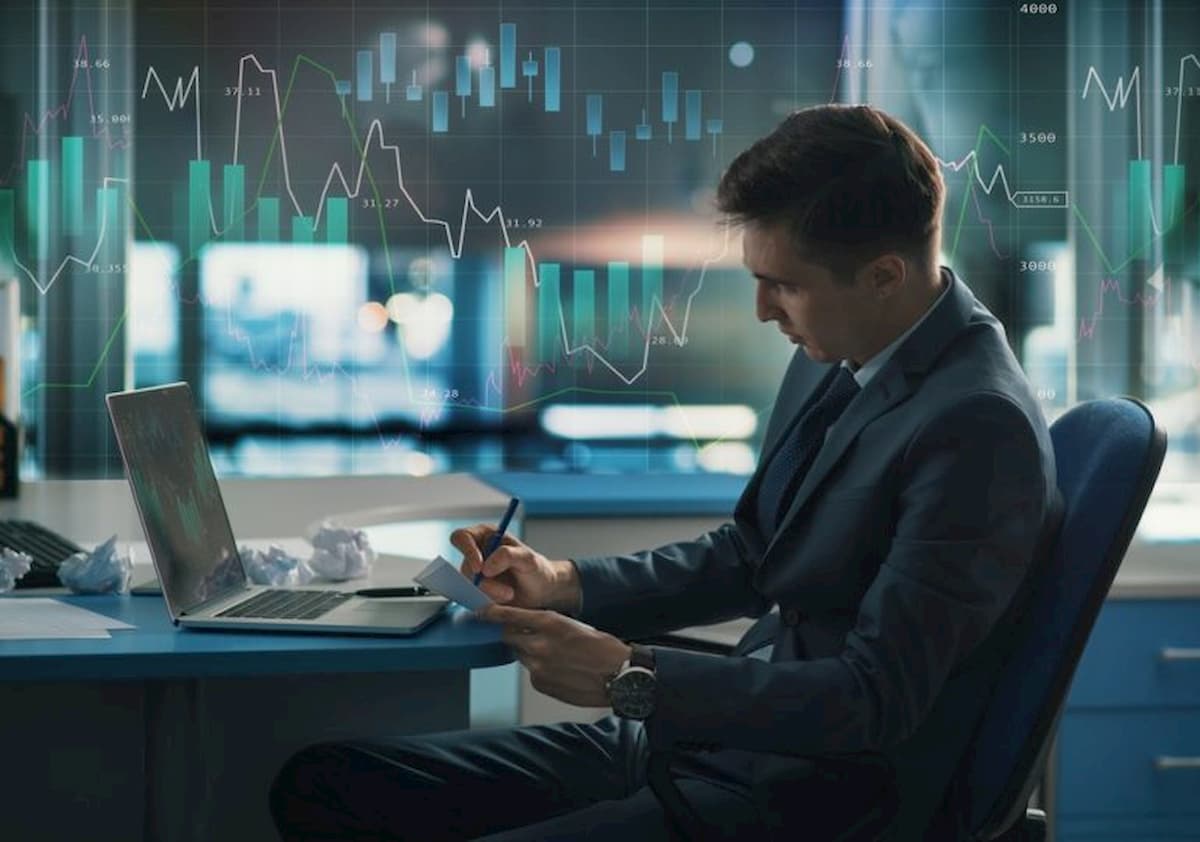Understanding the Basics of the Foreign Exchange
What is the Foreign Exchange? It is simply the means of trading one currency for another, globally. For instance, one can exchange the euro for the US dollar or vice versa. Foreign exchange transactions can happen on the foreign exchange market, which is also known as the Forex market.
The Forex market is the largest and most liquid market in the world, with trillions of dollars exchanged each day. The market does not have a centralised location; it is an electronic network of brokers, banks, individual traders, and institutions.
Naturally, it attracts a large number of new traders every day. If you want to trade in the Forex market and are wondering what the foreign exchange is, we have collected a few points to introduce you to this trading market.
How Does Forex Work?
The market determines the exchange rate or the value of the majority of currencies. Forex can involve exchanging one currency for another at a local bank. However, it can also involve trading a currency pair on the forex market. The first currency is known as the base currency and the other is known as the quote currency.
Currency trading is a twenty-four-hour market that is closed on Saturday and Sunday; however, the twenty-four-hour trading sessions are misleading. There are three sessions comprising Asian, US, and European sessions.
Although there is a slight overlap in the sessions, the prime currencies in each Forex market are traded mainly during these market hours. This means that particular currency pairs will have higher volumes during specific sessions. Traders who trade in pairs based on the dollar will locate the most volume during the US trading session.
Currency trading is based on ‘lots’, known as micro, standard, and mini lots in foreign exchange markets. A micro lot is 1,000 units worth of a given currency; the mini lot is 10,000, and the standard lot is 100,000. This is not the same as when you visit a bank and seek to exchange $450 for a trip.
While trading in the electronic foreign exchange market, trades happen in set blocks of currency. However, you are allowed to trade as many blocks as you wish. For instance, you can exchange seven micro lots (7,000), three mini lots (30,000), or 75 standard lots (750,000).
Pairs and Pips
By now, you must have realised that all currency trading happens in pairs. You cannot buy or sell a single stock as you can in the stock market. In the Forex market, you have to sell one currency to buy another. Almost all currencies are priced up to the fourth decimal point.
To understand what is the foreign exchange, you need to know what pips are. A percentage in point or ‘pip’ is the smallest increment of trade. A single pip generally equals 1/100 of 1%.
Beginning or retail traders often trade currency in micro lots. This is because one pip in a micro lot signifies only a 10 cent move in the currency price. This makes losses easier to manage in case a trade does not produce the anticipated results. In a mini lot, a single pip equals $1 and that same pip equals $10 in a standard lot.
Some currencies can move more than 100 pips in one trading session, making it easier for small investors trading in mini or micro lots to manage potential losses.
Trading in the Forex Market
Because the market is open twenty-four hours a day for five days a week across most of the financial centers worldwide, traders can sell or buy currencies at any time during the day. The Forex market is not exactly a one-stop-shop. An investor can go through a whole variety of distinct avenues to execute foreign exchange trades. You can go through different financial centres or dealers, which employ a host of electronic networks.
From a historical standpoint, Forex was once a concept for hedge funds, large companies, and governments. But in the current world, since accessibility is not an issue, trading currency is as simple as a click of the mouse.
Therefore, anyone can do it. In fact, several investment companies offer the chance for traders to open accounts and exchange currencies whenever and however they choose.
When making Forex trades, you are basically selling or buying the currency of a specific country. However, there is no physical swapping of money from one hand to another. This is contrary to what takes place at a foreign exchange stall, e.g. a Japanese tourist is visiting London. He may be converting yen to actual pounds so he can spend money while travelling.
In the electronic trading world, traders trade in a particular currency, with the hope that there may be some strength and upward movement in case they are buying or weakness in case they are selling. The buying and selling are done with the hope of making a profit.
Differences in the Foreign Exchange Markets
The spot for most currencies is two business days. Most pairs settle in two business days. The price is fixed on the trade date but the money is swapped on the value date. The spot market can be highly volatile.
Movement in the short term is controlled by technical trading, which concentrates on the speed and direction of movement. Long-term currency moves are dominated by basic factors such as economic growth and relative interest rates.
The Forward Market
A forward trade is one that settles even later than the spot. The forward price is a mixture of the spot rate minus or plus forward points that denote the interest rate difference between the two currencies. A forward contract is custom made according to the needs of the counterparties and can be of any amount and can settle at any time.
The Futures Market
A futures transaction is not very different than a forward transaction, as it settles later than a spot deal. However, it is of standard size and is traded on a commodities market.
The Key Takeaway
The foreign exchange is a worldwide market for exchanging national currencies. The Forex market functions in a similar way to other markets that trade assets such as bonds, stocks, or commodities.
Trading in the Forex market is not easy, doesn’t matter if you are experienced or not. Thus, if you understand what the Forex market is, study it, and be patient; you could emerge as a successful Forex trader.





